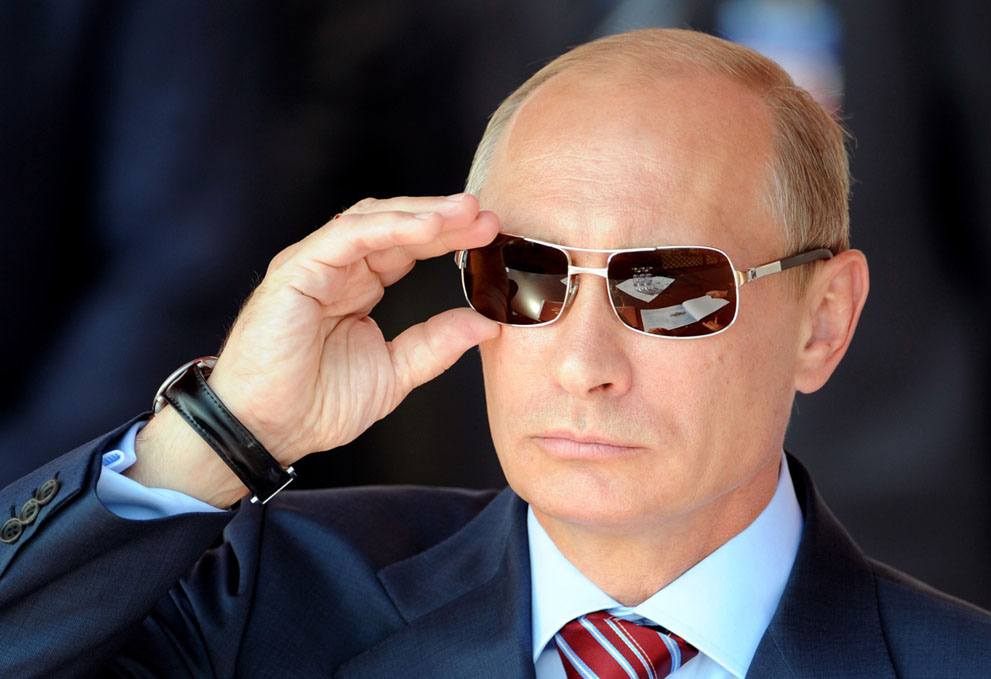By Luis Rueda:
Reports in the press that Trump campaign members were in regular contact with Russian intelligence officers leaves me very concerned. What possible reason could Trump campaign officials have for maintaining regular contact with intelligence officers of a hostile power while that power hacks their political opponent? Was the contact benign?
As a former intelligence professional, I know that no contact with an intelligence officer at this level is benign; those types of pro forma contacts are better left to the foreign ministry, which is tasked with keeping in touch with the various political parties in a country. Intelligence officers are focused on recruiting sources, obtaining intelligence, or conducting covert action (active measure in Russian terminology). The Russians would never waste their time putting intelligence officers in contact with Americans for benign reasons; rather, they would be in contact for specific intelligence gains.
What does this mean? Without access to the transcripts, it is hard to say, but we can make an educated guess. Both sides were interested in some gain with these contacts, otherwise they would have not lasted. What could the Trump campaign have gained from the Russians? Discussions of improved relations? Pro-Trump statements from the Russians? None of this would have favorably impacted the campaign. Maybe they were trying to lay the groundwork for a major effort to improve relations when they took office. Only testimony by these individuals and the original transcripts can shed light on why they maintained these contacts.
What would the Russians be interested in gaining? From an intelligence officer’s perspective, they would be interested in developing sources within the potential Trump administration.—maybe not fully-recruited, unilateral sources, but something called liaison plus, which is an official contact who sometimes exceeds their authority to discuss issues by saying more than they should. They would be interested in obtaining intelligence on the Trump campaign, personalities, centers of power within the campaign, etc. so that they could target these individuals for recruitment and provide Kremlin leaders with intelligence on the new administration.
Finally, the Russians would be interested in pursuing their covert action goals, spearheaded by their hacking of the Democratic National Committee’s computers. They would be interested in receiving feedback on the impact their efforts were having—always one of the hardest things to obtain in a covert action program of this type. They would like to be in a position to coordinate with Trump campaign officials in order to make their efforts more efficient and targeted. This is not to say that campaign officials coordinated with the Russians, but it would have been on the Russian to-do list.
From this, we can see that the Russians had no benign intent with these contacts, at least not from an intelligence point of view. It is likely the Russians were working all these angles during their contacts with Trump campaign officials. They would be working hard to develop relationships with these officials that they could then exploit once Trump won the presidency. They may have even been trying to work with these officials to help get Trump elected. We can only hope that members of the Trump team did not fall for these efforts.
Luis Rueda is an OpsLens Contributor and retired CIA Operations Officer with over 28 years of experience in the clandestine service. During his storied career with the CIA, Rueda served as Chief of Station New Delhi and Chief of Iraq Operations during Operation Iraqi Freedom.

















